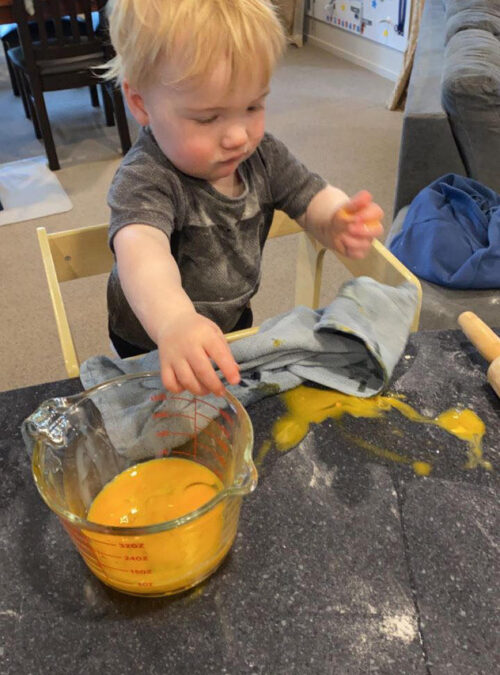When do I need feeding therapy? What flags should I look out for? When is it more than just Fussy Eating?
These are frequently asked questions parents are asking as to when feeding therapy is needed. For some of our tamariki their feeding therapy journey begins very early on in their life, for others, this can begin during their introduction to solids and again around the early toddler age.
Some key signs that your child is experiencing a feeding challenge:
- The feeding challenge has occurred for longer than 3 months
- Your child has less than 20 safe/preferred foods
- Is your child showing signs of anxiety at mealtimes or in social eating situations?
- Does your child avoid being messy or showing sensory challenges towards food?
- Does your child require devices in order to eat?
- Do your mealtimes last for less than 5 minutes or more than 30 minutes?
- Does your child require additional supplementation (e.g. NG/Peg Fed, formula, Pediasure etc)?
This is not an exhaustive list but provides a starting point for caregivers to ponder that the child may be experiencing more than just ‘fussy eating’ and that feeding therapy would be of benefit for your child.
Feeding Therapy is an intervention completed by Occupational Therapist, or Speech Language Therapists with support of Dieticians, Psychologists, and a wide team of medical professionals. Paediatric Feeding Disorder must be treated by these professionals.
Funding for Feeding Therapy?
In Aotearoa, Feeding Therapy and Paediatric Feeding Disorder is not widely recognized, with funding minimally available.
Children with an additional diagnosis (e.g. Autism, Genetic conditions etc.) can use Individualized Funding to access and cover therapy costs.
Children who have experienced an accident or injury resulting in disruption to their ability to eat or self feed, can access ACC to cover therapy costs.
Children who are experiencing a feeding challenge and/or who have additional needs that require the parents to exert more time, money or resources in supporting their child can access the Child Disability allowance to cover therapy costs.
Alternatively you can opt to pay privately for therapy.
(We are continuing to work on health insurance as an option, it is not yet recognized!)
Please do not hesitate to contact us with any further questions you may have.
Rebecca

